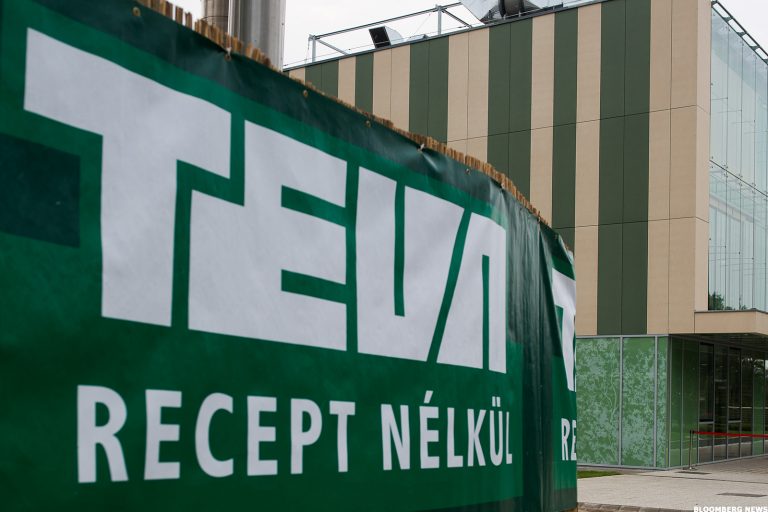
Teva Pharmaceutical Industries Ltd (NYSE:TEVA) is alleged to have bought its way into boosting its sales in foreign countries including Russia, Mexico, and Ukraine. Four years of investigations revealed that the drug maker may have been involved in business practices that were a likely infringement of the Foreign Corrupt Practices Act (FCPA). The issue has been running for years and in 2012, the US Securities and Exchange Commission alongside the US Department of Justice sent out subpoenas to the drug maker requesting information.
However, Teva has given a face-lift to its governance programs in order to set a new tone concerning the suspected bad behavior. This includes setting aside about $520 million that will be used in settling the allegations, which are said to have taken place between 2007 and 2013. Its latest earnings report outlines that the Israel-based drug maker is in advanced deliberations with the feds on the issue.
The company asserts that since the allegations came into the limelight, it has been working on embracing a culture of compliance that is exercised across the board and underpins every business resolution. It also claims to have ended problematic business relationships to the extent of firing employees and shutting down operations in several countries. However, one employee, on Keisha Hall, claimed in court that her firing was as a result of differences with supervisors and helping US officials with their investigation. The case has since been thrown out.
In its earnings statement, the company pledged to do everything necessary to halt a recurrence. They said, “The compliance program that Teva has in place now is serious, rigorous, and comprehensive and is designed to protect the company and its subsidiaries against future violations.”
Breach of Foreign Corrupt Practices Act Across the Board
Apparently, Teva has not been the only perpetrator. Novartis AG (NYSE:NVS) which has been pushed to pay $25 million for bribing doctors in China, is currently facing a bribery probe in Turkey. Over the past year, Bristol-Myers Squibb Co (NYSE:BMY) settled a $14 million payment for bribing doctors in China. In 2012, Eli Lilly and Co (NYSE:LLY) was accused of bribing foreign government officials in exchange for business in several countries. They agreed to pay more than $29 million.
The most recent case involves GlaxoSmithKline plc (NYSE:GSK), which was prompted to pay $20 million in settlement of a bribery scheme in China. Meanwhile, Teva’s stock closed at $37.60, registering a fall of $3.43 or 8.36% on Tuesday, at 52-week lows.




